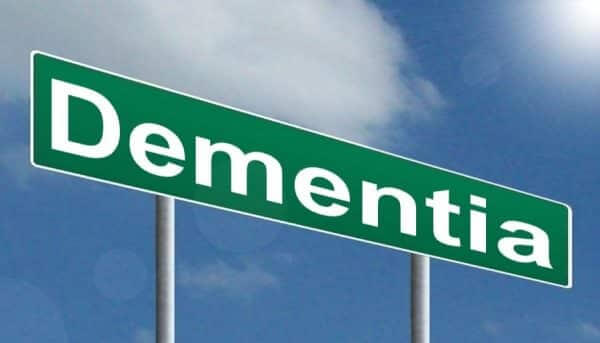
Imagine a life where comprehension of simple things is hard and even performing everyday tasks is a challenge. What would it be like to live a life wrought by frequent memory loss, drastic behavioural changes and constant confusion? That is just a glimpse into the life of someone living with dementia.
Living with dementia or caring for a person with dementia can be physically and emotionally challenging, and in most cases people are hesitant or even ashamed to seek help because of the stigma attached to the disease.

Dementia is not one specific disease but is an umbrella term that describes a wide variety of symptoms that damages the brain cells. Dementia is progressive, meaning that it gradually gets worse. And sadly, there is no cure for most forms of dementia. “People typically think Alzheimer’s is dementia. In fact, it is one of the many forms of dementia,” clarified Anju Kalra, President and Founder of Dementia Support Group for Indian Australians Inc (DSGIA).
The six-member core team is made up of Anju Kalra, Vipul Goyal, Narinder Parmar, Rekha Rajvanshi, Dr Yadu Singh and Satish Mathur.

The first-of-its-kind initiative supporting Indian Australians, the group was launched at the Consulate General of India, Sydney, on 27 October. A Dementia Forum was also held at the launch in collaboration with Federation of Indian Associations of NSW Inc (FIAN). Present at the launch were the Consul General of India in Sydney B Vanlalvawna, MLC David Clarke, key speakers from Dementia Australia, Ethnic Communities’ Council of NSW, Partners in Culturally Appropriate Care (PICAC) NSW & ACT, members of the state’s medical fraternity and representatives of several Indian community associations.
For Anju, the launch of the group is the coming together of her 18 years of experience in aged care and as a dementia consultant. Anju’s project revolves around building capacity, support and providing resources for those living with dementia and their caregivers, family and friends. “It is undoubtedly hard for those living with it but what doesn’t get spoken about often is how hard it is for their loved ones and for those who care for the dementia patients. We plan to extend our support to them as well,” she said.
DSGIA aims to provide support to people living with dementia and their carers by advising them of referral pathways and by working in a collaborative manner with various community groups.

Elaborating, Anju said, “Our main focus is to create awareness, educate patients, caregivers and family on what dementia is. We plan to do this by conducting forums and sessions where we will educate people to recognise signs and symptoms, and how they can help their loved ones, friends and people in the community. Dementia is more than just memory loss and we strive for patients and their families and caregivers to talk more about it. Life doesn’t end once someone has been diagnosed with dementia; we will help with capacity building for the patients and those around them, keep things inclusive for them in the community.”
Another forum is planned for early next year, which will be educative and informative, Anju added.
“Also in the pipeline is a once-a-month or frequent session where I would be available for a one-on-one chat to guide, assist and talk to people in community places like a gurudwara, temple and other places where the Indian Australians may gather. Those who do not have access or wouldn’t be able to participate in the forums, could meet me for a personal discussion.”

The key speakers unanimously agreed that the stigma and cultural taboo associated with dementia is one the reasons caregivers and patients don’t feel comfortable sharing about it. “Dementia patients and those working with them – in most cases the primary caregivers are the family members – associate it with shame and taboo,” added Anju. “Through the group, I want to break the stigma surrounding dementia and encourage people to speak openly about the disease.”
While the group strives to provide support to the Indian community in Australia, DSGIA will open its doors to anyone requiring guidance. “I planned for the group to support the Indian community to reach out without the cultural and language barriers. It can be a daunting experience for all those involved and we want them to know that they are not alone, and that help is available,” assured Anju.
The launch was followed by a panel discussion including the key speakers and community leaders. The key message from the panel discussion was to press the need for a collaborative effort for future planning and create wider awareness for dementia.
Destigmatising dementia
First-of-its-kind support group launched for Indian-Australians

Reading Time: 4 minutes




